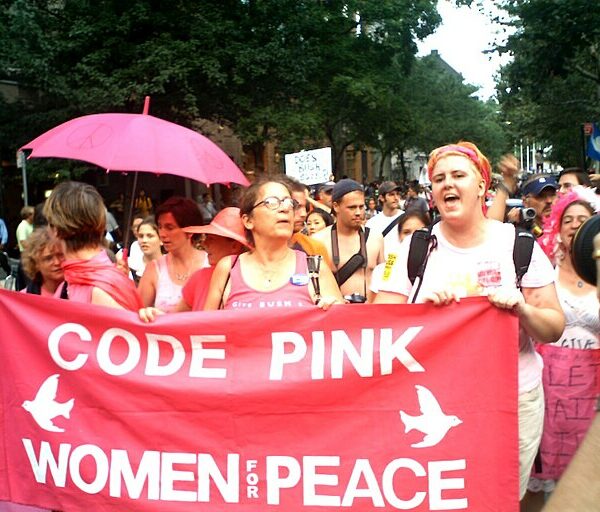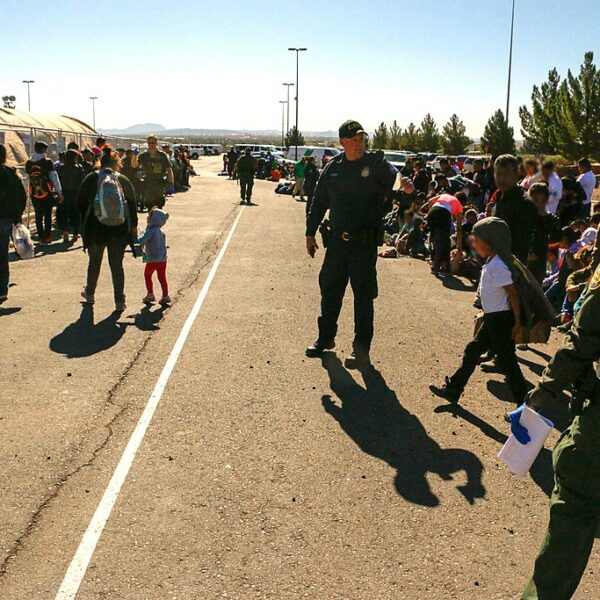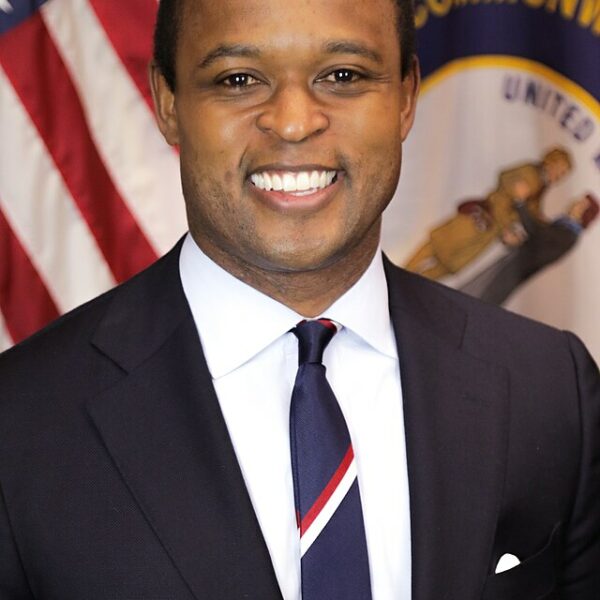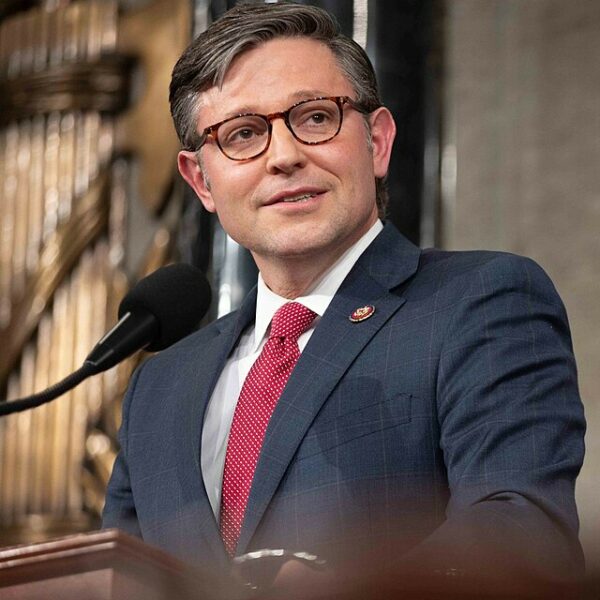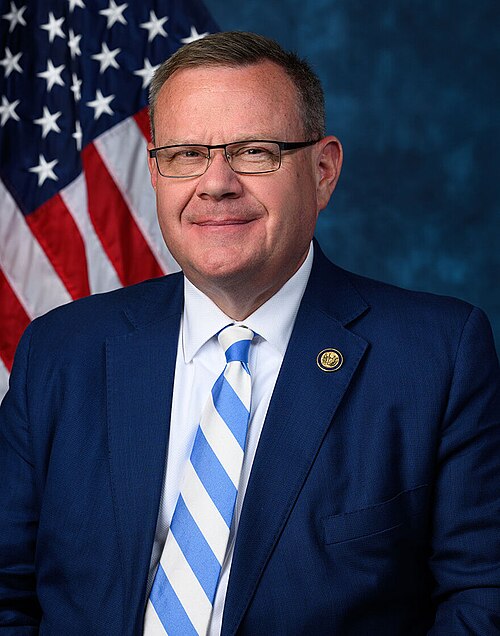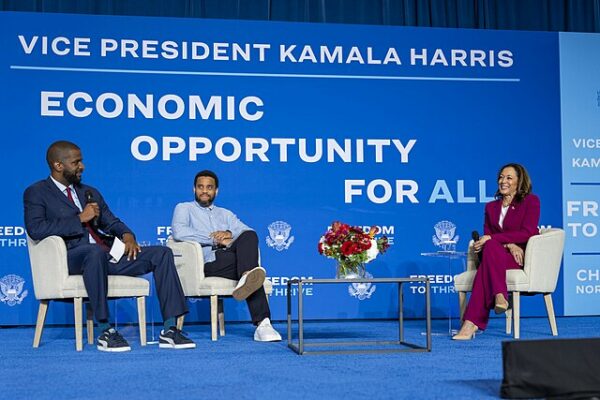
Alberta’s long-simmering frustration with Ottawa is boiling over and they soon may be looking south. Premier Danielle Smith has opened the door to what would be the most consequential vote in the province’s history: a 2026 referendum on independence. The proposal comes as federal policies—particularly those targeting Alberta’s energy sector—have ignited calls not just for secession, but for union with the United States as its 51st state.
The catalyst? The May 2 election of Liberal Prime Minister Mark Carney. For many Albertans, Carney’s victory signaled a deepening of Ottawa’s hostility toward the oil and gas industry—the lifeblood of Alberta’s economy, writes The New York Post.
“They’ve blocked new pipelines, cancelled various oil and gas projects and banned the very tanker ships needed to carry these resources to new markets,” Smith said this week in a livestreamed address to Albertans.
“We just want to be free to develop and export that incredible wealth of resources we have for the benefit of our families and future generations.”
Fed up Albertans, who held a separation rally last week at the Edmonton legislature attended by close to 500, are also urging their countrymen to write to the White House to express support to join the union.
“This thing is real. There is momentum,” said Edmonton resident Jordon Kosik, who runs a Facebook group advocating for Alberta separation.
The rally saw signs reading “Alberta 1st or 51st” waved beside provincial flags as speakers demanded a break from what they see as a confederation rigged against them. Among them was Jordon Kosik, a local activist and social media organizer, who captured the mood succinctly: “The momentum is undeniable. People are fed up and ready for change.”
Polling suggests this is no fringe phenomenon. 36 percent of Albertans now support some form of separation—whether full independence or statehood under the American flag. The latter idea, long dismissed as political theater, has gained traction thanks in part to U.S. President Donald Trump’s tongue-in-cheek offer to welcome Alberta as a “cherished 51st state.” Supporters have even begun encouraging residents to lobby the White House directly.
Political scientist Duane Bratt predicts Alberta’s 2026 independence referendum—if held—will fracture the province and sow discord within the United Conservative Party itself. Some party members, he notes, have gone so far as to float the idea of joining a United States reshaped by Donald Trump.
A recent Angus Reid poll suggests Ottawa still holds leverage. Many Albertans inclined to vote for separation say their stance would soften if the federal government scrapped the emissions cap on oil and gas, repealed Bill C-69’s sweeping environmental review mandates, and finally delivered a long-promised east-west pipeline.
In response to the groundswell, Premier Smith and the United Conservative Party have proposed a legislative pathway for a citizen-initiated referendum. If 10 percent of eligible voters sign on, the government would be compelled to hold a vote. Smith, careful to strike a measured tone, has said she does not currently support separation—but made clear the people would decide. “If enough people demand a vote, we’ll have one,” she stated at a May 6 press conference in Edmonton.
As the province weighs its options—dominion, independence, or a U.S. star—the countdown to 2026 has already begun. What path Alberta takes may reshape not only Canada’s map, but the geopolitical fabric of North America itself.
[Read More: New Pope Makes Major Shift From Predecessor]

